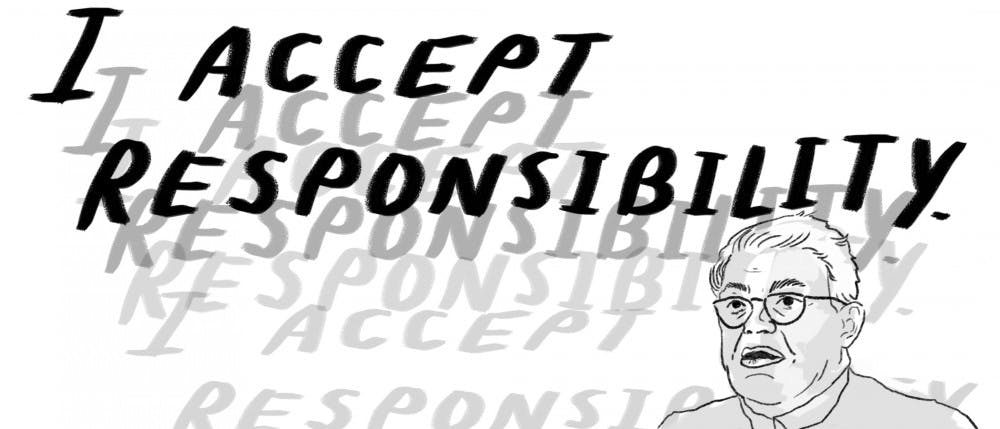In the limelight, people are bound to make mistakes. Over the past few weeks, these “mistakes” have been brought to light by angry, hurt and tired voices.
The response from those accused of perpetrating such pain is often: “I take responsibility for my actions.” And somehow, that’s meant to be enough.
This happens time and time again, in the wake of sexual assault allegations, political misconduct and even amongst interpersonal relationships. “Taking responsibility” is meant to release some of the heavy weight of guilt and shame off of those affected, but to what avail?
What exactly is the point of “accepting responsibility” if there are hardly any repercussions to the perpetrator of any such misconduct? In that same vein, does “accepting responsibility” mean facing scrutiny for years down the line? To some, maybe that is the proper way to accept responsibility. To others, that is hardly even scratching the surface.
Take the recent case of Senator Al Franken, whose sexual misconduct with Leeann Tweeden has led to a review by the Senate Ethics Committee on whether or not Franken could face censorship or expulsion from the Senate. “Accepting responsibility” in this case meant Franken’s willingness to end his political career, even after Tweeden accepted his apology. Is ending his career enough?
To bring it closer to home, we can’t forget the NCAA’s recent decision to let UNC off scot-free of the academic scandal that plagued the university’s reputation for years.
For years, we heard countless accounts of administration and faculty “accepting responsibility” for the scandal. For years, “accepting responsibility” still wasn’t enough to rid UNC of this plague.
According to Carolina Commitment, a website on UNC’s academic protocol post-scandal, UNC has “accepted full responsibility for past academic irregularities and responded with extensive steps in the long journey to bring a painful chapter in campus history to a proper conclusion.” Is this transparency a way of “accepting responsibility?” Is it too little too late?
Finally, think about a time you were angered or hurt by someone close in your life. You expressed your frustrations to them, only to receive a response that they would “accept responsibility” for whatever pain was caused to you. Was that enough?



